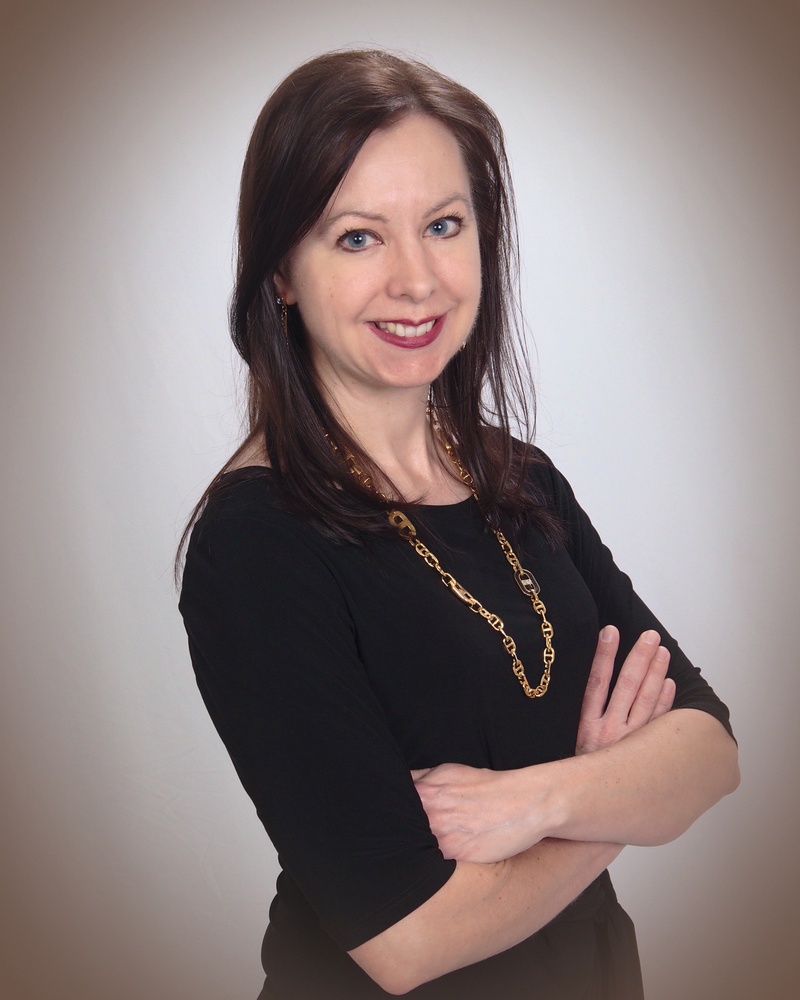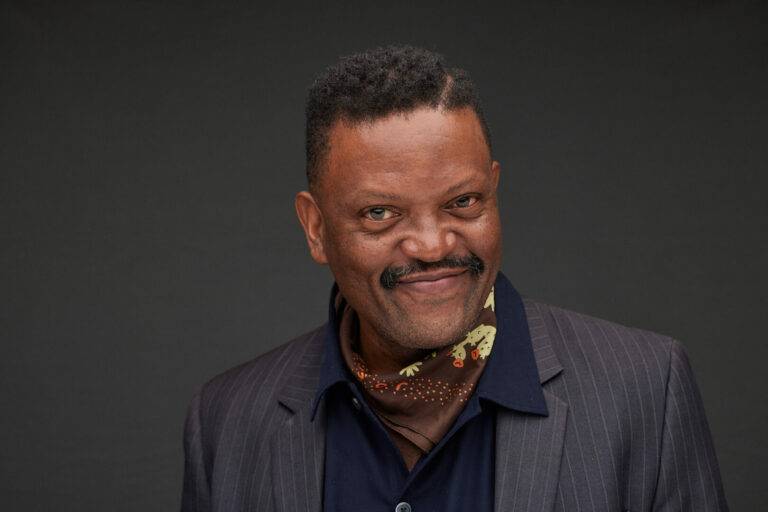Alright – so today we’ve got the honor of introducing you to Sherry Ellis. We think you’ll enjoy our conversation, we’ve shared it below.
Sherry, we’re so excited for our community to get to know you and learn from your journey and the wisdom you’ve acquired over time. Let’s kick things off with a discussion on self-confidence and self-esteem. How did you develop yours?
Being in the spotlight didn’t come easy for me. I am a naturally quiet and shy person. I think the biggest thing that helped me overcome “stage fright,” is being well-prepared. If I’ve put the time in, rehearsing music, or rehearsing speeches for presentations, then I feel confident that I can do a good job. It also helps to have a lot of experience being on stage. It’s become less daunting.
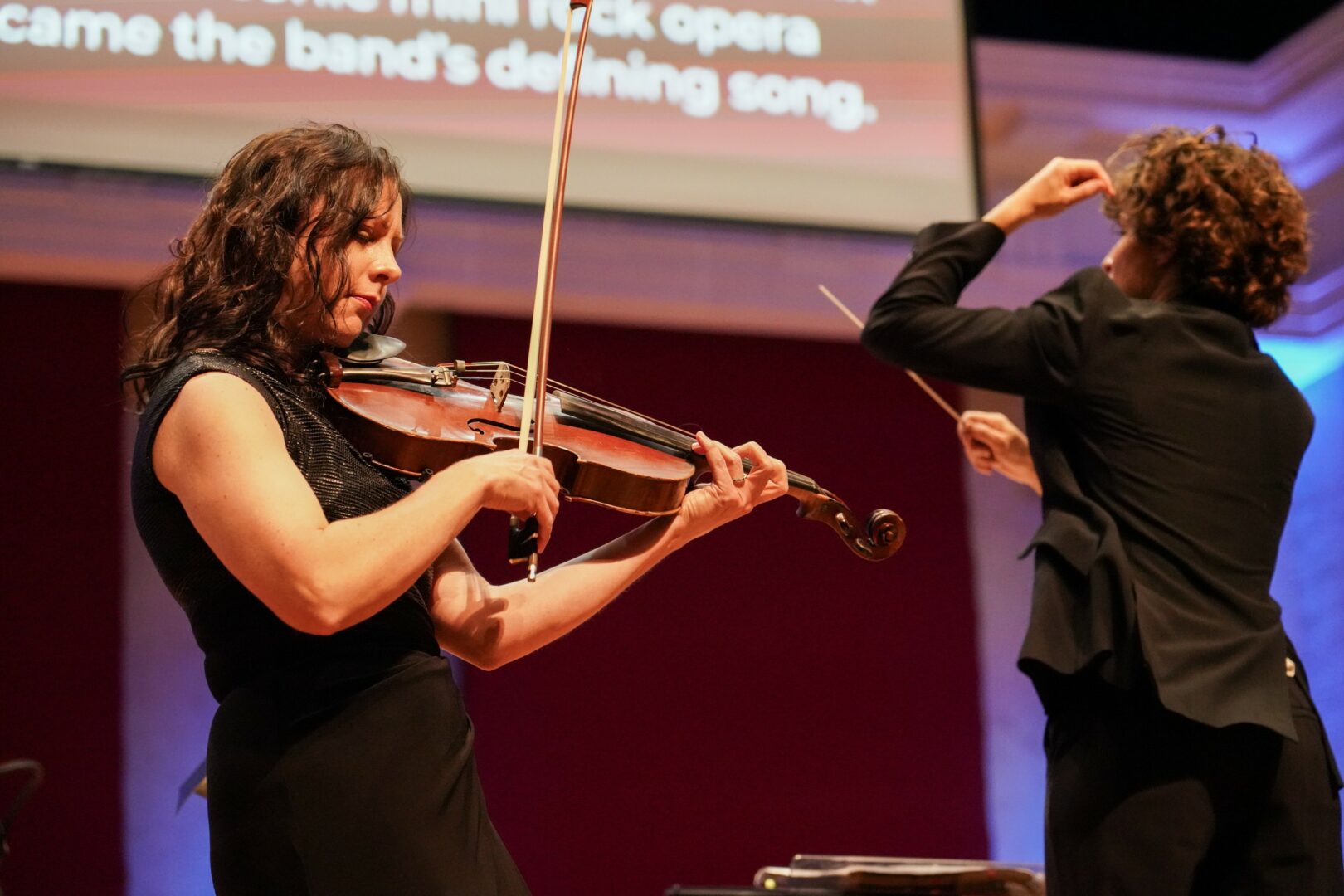
Let’s take a small detour – maybe you can share a bit about yourself before we dive back into some of the other questions we had for you?
I have been a musician and author for over thirty years. My career has been multi-faceted. As a musician, I perform with orchestras and teach. I’m currently the principal violist of the Gwinnett Symphony Orchestra. I also teach violin, viola, and piano lessons at a conservatory in Johns Creek called Musik21. Some of the highlights of my musical career include being a semifinalist in the 2004 International Viola Competition in Paris, France, performing as a soloist in Germany, and performing Queen’s Bohemian Rhapsody for Viola and Orchestra with The Georgia Philharmonic at Dragon Con 2024. I am also the Executive Director of the Georgia Philharmonic. Managing the business side of an arts organization has added a nice balance to my career.
As an author, I have ten published books. Most are children’s books—picture books and middle-grade books. I enjoy attending author events and connecting with young readers at school and library visits.
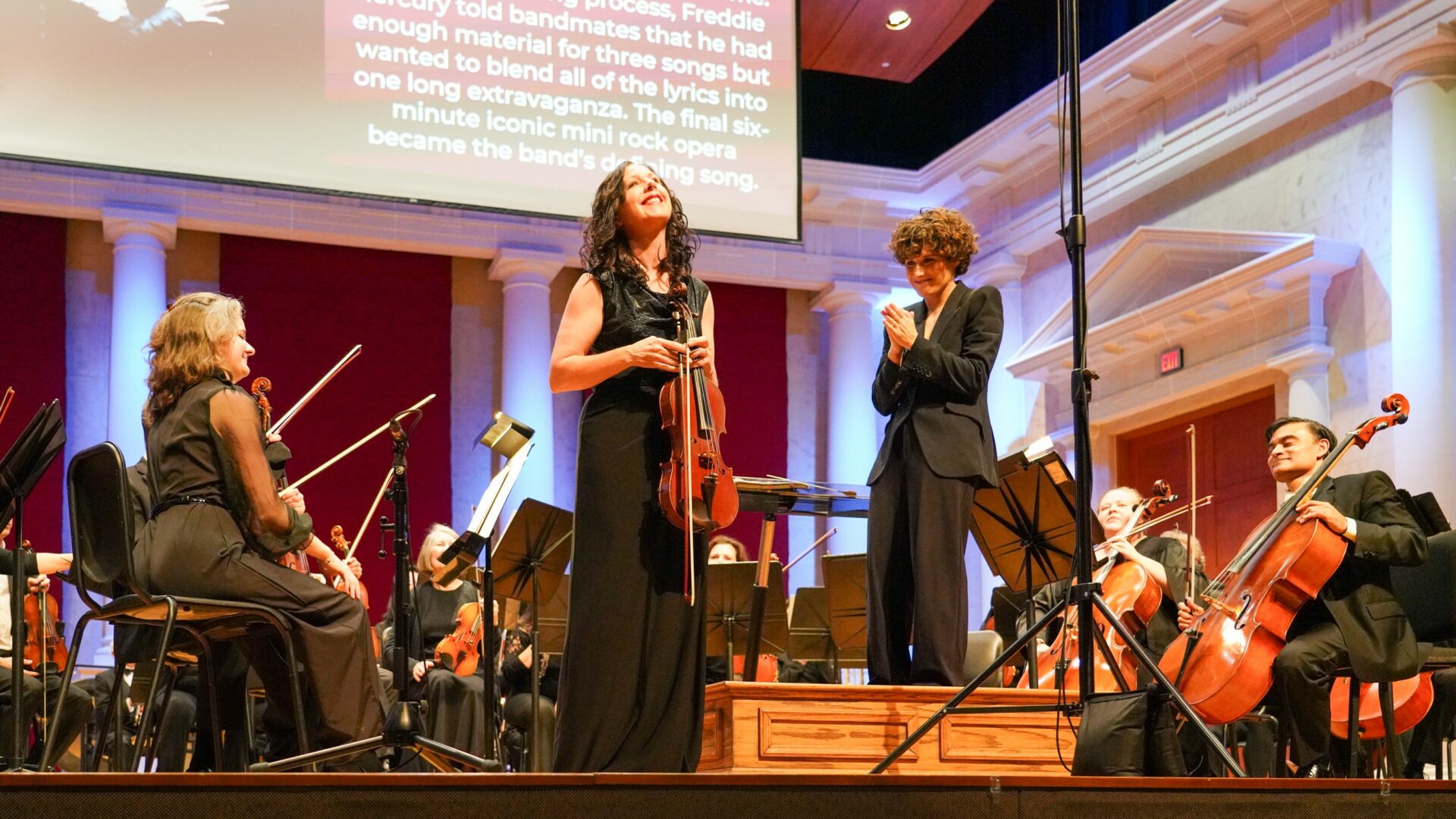
Looking back, what do you think were the three qualities, skills, or areas of knowledge that were most impactful in your journey? What advice do you have for folks who are early in their journey in terms of how they can best develop or improve on these?
A good work ethic, perserverence, and organizational skills have been most useful in my professional journey. A good work ethic means showing up and doing the best you can. A willingness to learn ties in with this. Be a student of your craft and never stop learning. Don’t give up. Even when it’s difficult. Even when progress is slow. The key to success is to keep going even in the face of setbacks. Learn from your experiences and keep improving. Being organized helps you keep track of things. Develop a system for this. I use checklists. When there’s a lot on your plate, it’s easy to lose track of what needs to be done. Every week, figure out what you need to accomplish and write it down. While you might not get everything done, it keeps the tasks in the forefront so you don’t forget about them.

Alright, so before we go we want to ask you to take a moment to reflect and share what you think you would do if you somehow knew you only had a decade of life left?
This is a question I’ve been thinking about a lot lately. I recently lost my twenty-year-old son in a motorcycle accident. We don’t know how much time we have. It’s important to focus on the things that count. For me, it’s about balance. Yes, we have careers to pursue and checklists of the things we want to accomplish. But it’s important to make time for family and friends and to enjoy life. Find the beauty in nature. Try things you’ve always wanted to try. See things you’ve never seen. That’s what I plan to do with the remainder of the time I have.
Contact Info:
- Website: https://sherryellis.org
- Instagram: https://www.instagram.com/sherry_ellis_author/
- Facebook: https://www.facebook.com/sherryellisbooksandmusic/
- Linkedin: https://www.linkedin.com/in/sherry-ellis-71585521
- Twitter: https://x.com/513sherrye
- Youtube: https://www.youtube.com/channel/UCrd7dzXT9Wss2nukrZMR0eQ
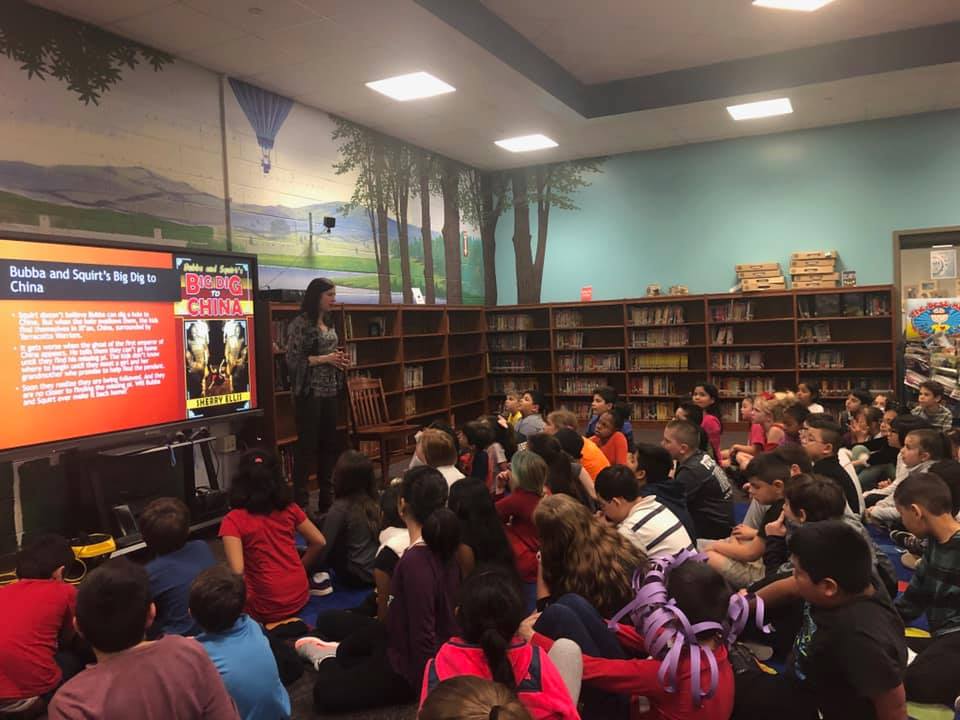

Image Credits
Musician photo credits: Eric Burkhard
so if you or someone you know deserves recognition please let us know here.

